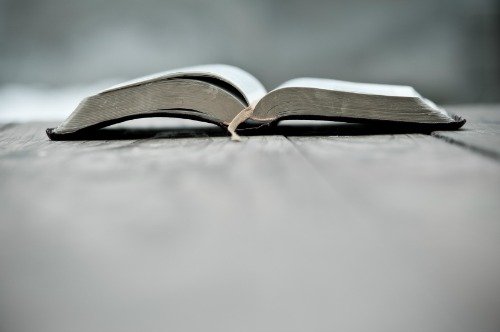|
Muslim Poverty
What role can religion realistically play in the eradication of poverty? Muslim Poverty ABDUL RASHID is a member of the Ottawa Muslim community, the Christian-Muslim Dialogue and the Capital Region Interfaith Council. Unequal natural endowments result in unequal earnings and wealth. While Islam recognizes this inequality, it makes it a religious obligation to share our good fortune with the less fortunate (Holy Qur’an, 2:177). It defines true believers as those “who believe in the Unseen, are steadfast in prayer and spend out of what We have bestowed on them” (2:3).
The evil of entrenched poverty and inequality is so destructive of the social fibre that Islam provides, besides moral persuasion, legal measures for its alleviation. It prescribes a compulsory levy of 2.5 per cent, known as Zakah, on all savings retained for a year (9:60) to help the needy. It also ordains a wide distribution of inheritance to avoid entrenchment of wealth in a few hands. The bounty and generosity of God Almighty is infinite. The way to express our gratitude and love for the Him is through expenditure to help the poor. We do not have to be very rich to spend in the way of God. Our Holy Prophet, peace be upon him, gave preference to “a dollar over a hundred dollars,” if a person with great wealth donated one hundred dollars while another person with only two dollars gave away one of these.
Nothing will bring the members of a society closer together than the fact that those who are in a position of ease are at all times willing to help so that those who are in need can always have a sense of belonging to the society. This is succinctly stated by our beloved prophet when he said, “People are the family of God. The most beloved of the people to God is he who is good to his, God’s family.” ?? Islam warns us: “And spend of your substance in the cause of God and make not your own hands contribute to your destruction but do good; for God loves those who do good” (2:195).
|





